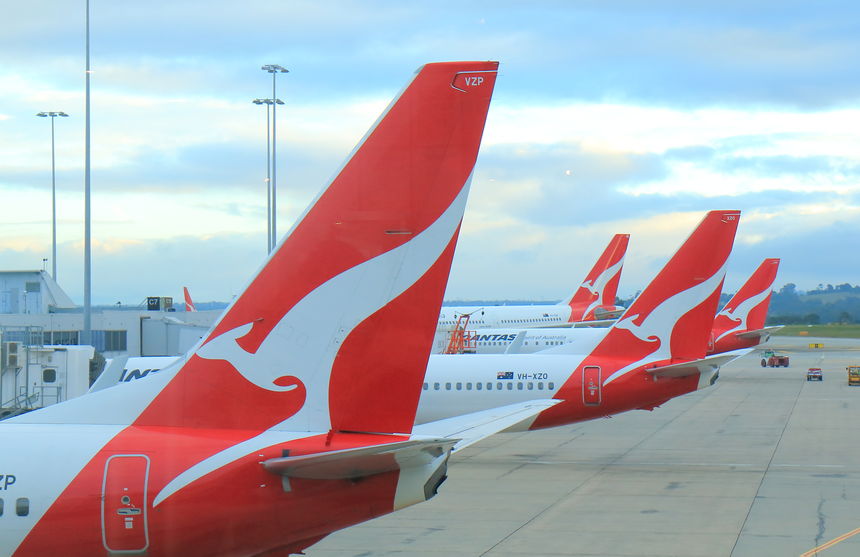Application exercise 7e: ‘Qantas and ‘illegal’ outsourcing of jobs’

- Sacking 1683 employees immediately reduces costs of production for Qantas given that its wages bill would fall by more than $100 million (derived by multiplying 1683 employees by an assumed average wage of $60,000 per year). Outsourcing these jobs provides Qantas with the flexibility to reduce the costs associated with baggage handling during quiet times (e.g. Qantas will not need to continue paying an underutilised workforce).
- This is because unions are set up to protect the wages and working conditions of its members. The Transport Workers Union (TWU) will have had a significant number of union members employed by Qantas as ground crew workers. In this respect, the union was concerned about lots of jobs of its members. In addition, union is concerned about the effect that Qantas’ actions will have on the wages and conditions of workers into the future. This is because the employees working for the separate contractor providing these services are less likely to be members of the union. In addition, the employment relationship that exists between the contractor and its employees is likely to be less secure than the one between Qantas and its employees. this works to exert downward pressure on wages and conditions over time.
- Given the huge losses suffered by Qantas during COVID-19, it felt the need to reduce costs and stem the decline in its profits somewhat. Moving to outsource jobs was an attempt by Qantas to achieve greater flexibility and ultimately reduce costs. It would also help to allow resources ‘to better match with fluctuating levels of demand’. to the extent that outsourced workers are less committed to the Qantas brand, it has the potential to reduce reliability and quality, which impacts negatively on consumers. However, the flip side is that quality/reliability might improve if the less secure workforce is more fearful of job losses. In addition, to the extent that costs are reduced, this has the potential to flow through to lower prices over time, which of course benefits consumers.
